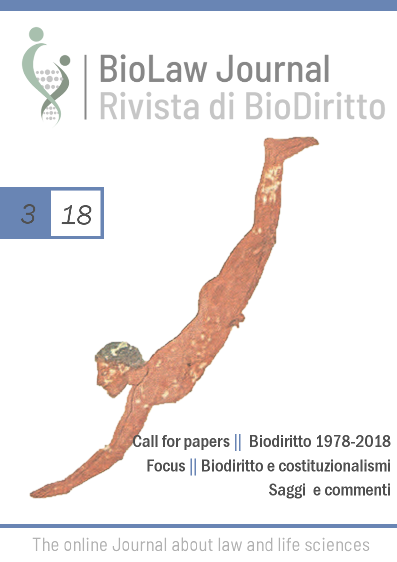Break the chains: a new way to consider machine's moral problems
DOI:
https://doi.org/10.15168/2284-4503-339Parole chiave:
Trolley problem, self-driving cars, moral dilemma, cognitive neuroscience, experimental ethicsAbstract
'Moral machines' are entering our society and with them is coming the need for new and suitable moral, ethical and legal regulations. In the paper we analyse Philippa Foot's trolley problem experiment as an example of a situation in which self-driving vehicles will have to make life or death decisions autonomously. In doing so, we investigate the basis for the construction of moral questions both for humans and machines by considering the problem from a philosophical, social and neuroscientific perspective. Following Rittel and Webber's footsteps, we also highlight the fallacies of the deontological and utilitarian traditional 'one-right-answer' approach, where a solution is undoubtedly right or wrong, and claim that moral problems are not, due to their intrinsic dilemmatic nature, resolvable. We then present a different approach on the matter, arguing for the central and creative role of the tragic as a new tool for enhancing autonomous vehicles' approach to moral problems.##submission.downloads##
Pubblicato
2018-10-31
Come citare
1.
Sommaggio P, Marchiori S. Break the chains: a new way to consider machine’s moral problems. BioLaw [Internet]. 31 ottobre 2018 [citato 15 febbraio 2026];(3):241-57. Disponibile su: https://teseo.unitn.it/biolaw/article/view/1312
Fascicolo
Sezione
Saggi





